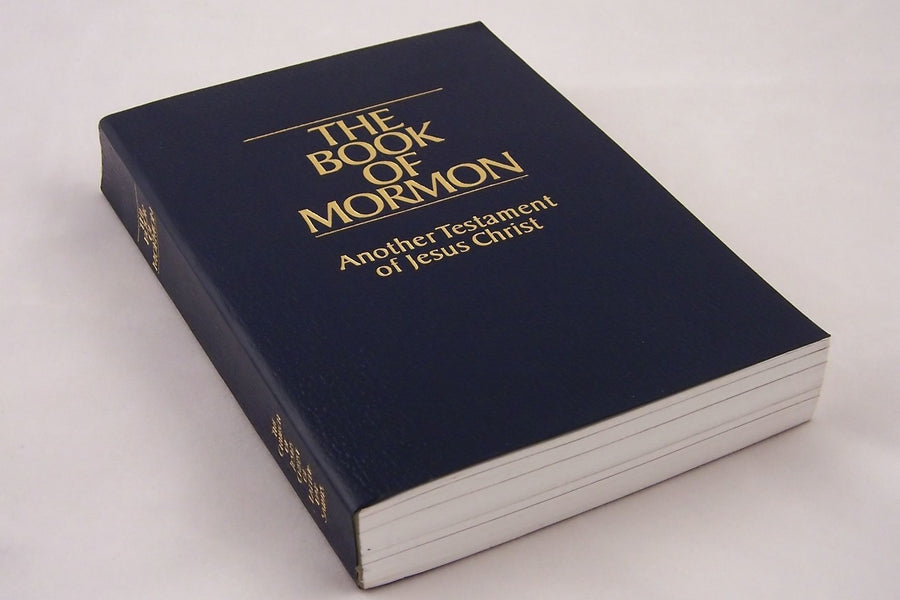Shintoism is a purely Japanese religion, the origins of which are buried in the hazy mists of ancient Japanese history. It is one of the world’s oldest religions. The Japanese people have a fierce love for their land and believe that the Japanese islands were the very first divine creation. In fact, Shintoism teaches that no other land is divine, making Japan unique in the world. Not surprisingly, Shintoism is not popular outside of Japan.
The two fundamental Shinto doctrines are that Japan is the country of the gods and her people are the descendants of gods. This concept of the divine descent of the Japanese people, as well as the divine origin of the land, has given rise to a conviction of superiority over other countries and peoples. With the exception of a few designated sects of Shinto, the religion has no founder, no sacred writings, and no authoritative set of beliefs. Worship takes place at one of the numerous shrines in the country of Japan, although many Japanese have altars in their home to one or more of the large number of deities.
The word Shinto comes from the Chinese word Shen-tao, which means “the way of the gods.” A major feature of Shinto is the notion of kami, the concept of sacred power in both animate and inanimate objects. There is in Shinto a powerful sense of the presence of gods and spirits in nature. The gods of Shinto are too numerous to be grouped into a hierarchy, but the sun goddess Amaterasu is highly revered, and her grand imperial temple is located 200 miles southwest of Tokyo. Shinto teaches that the Japanese people are themselves descended from the kami.
The religion of Shinto is entirely incompatible with biblical Christianity. First, the idea that the Japanese people and their land are favored above all others contradicts the Bible’s teaching that the Jews are the chosen people of God: “For you are a people holy to the LORD your God. The LORD your God has chosen you out of all the peoples on the face of the earth to be his people, his treasured possession” (Deuteronomy 7:6). However, though the Jews are God’s chosen people, they have never been designated as better than any other people, and the Bible does not teach that they were directly descended from gods.
Second, the Bible is clear that there are not many gods, but one God: “I am the LORD, and there is no other; apart from me there is no God (Isaiah 45:5). The Bible also teaches that God is not an impersonal force but a loving and caring Father to those who fear Him (2 Corinthians 6:17–18). He alone created the universe, and He alone reigns sovereignly over it. The idea of gods that inhabit rocks, trees, and animals combines two different falsehoods: polytheism (the belief in many gods) and animism (the belief that gods are present in objects). These are lies from the father of lies, Satan, who “walks about like a roaring lion, seeking whom he may devour” (1 Peter 5:8).
Third, Shintoism fosters pride and feelings of superiority in the Japanese people; such elitism is condemned in Scripture. God hates pride because it is the very thing that keeps people from seeking Him with their whole hearts (Psalm 10:4). In addition, the teachings of the basic goodness and divine origin of the Japanese people preclude their need for a Savior. This is the natural consequence of assuming one’s race is of divine origin. The Bible states unequivocally that “all have sinned and fallen short of the glory of God” (Romans 3:23), that we all need a Savior, the Lord Jesus Christ, and that there is “no other name under heaven given among men by which we must be saved” (Acts 4:12).
Shinto teaches that the kami might commune with those who have made themselves worthy through ritual purification, but the God of the Bible promises to be present to anyone who calls upon Him for forgiveness. No amount of personal purification (a form of salvation by works) will make a person worthy of the presence of God. Only faith in the shed blood of Jesus Christ on the cross can accomplish cleansing from sin and make us acceptable to a holy God. “For He made Him who knew no sin to be sin for us, that we might become the righteousness of God in Him” (2 Corinthians 5:21).
Source: GotQuestions.org



